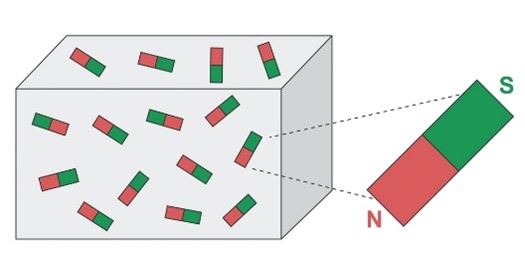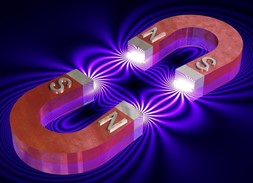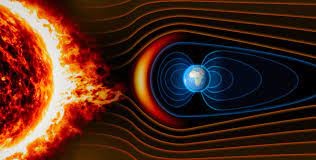
What does magnetization mean?
The word magnetization comes from the verb magnetize which means to give magnetic properties to a body and from the suffix -tion which means: the fact or action. Therefore, magnetization is the action given to an element to acquire magnetic qualities. These elements with these properties are known as magnets, which are influenced by a magnetic field. Consequently, the magnetic field represents the strength of the magnet. Magnets are divided into two groups: natural magnets, such as magnetite, or artificial magnets, such as permanent magnets, which are made from alloys of different materials.

What is magnetization?
Magnetization is the degree to which a body is magnetized once it is magnetized. Magnetization is the process by which an element acquires magnetic properties, through the application of a magnetic field. A magnetic field is an electrically charged area that possesses a force produced as a result of the traffic of electric charges. Once an element is magnetized, it acquires the force of attraction and repulsion on other objects with the same properties.
When and by whom magnetization was discovered
Since ancient Greece magnetism had already been discovered, but it was not until the 12th century by the Frenchman Peter Peregrinus de Maricourt. In 1820 Hans Christian Orsted was the person who discovered that electricity and magnetism are dependent factors, in other words, that they are linked.

Magnetic properties
Magnets have the ability to attract other magnetic elements.
The greatest amount of magnetic force is concentrated at the poles.
Ability to regenerate, if the magnet breaks in half it will produce another north pole or another south pole.
Depending on the absolute permeability, we find ferromagnetic, paramagnetic, and diamagnetic materials.
Depending on the line of induction we find axial, radial, and diametral magnetization.
Types of magnetism
There are two types of magnetism:
Terrestrial magnetism: in this type of magnetism we find that the north pole of a magnetized needle (a compass) and the magnetic north pole coincide. In the same way, its magnetic north pole coincides with the geographic south pole.
Animal magnetism: this type of magnetism is known as mesmerism and it affects everyone’s health, in other, the presence of magnets can manipulate our health.
